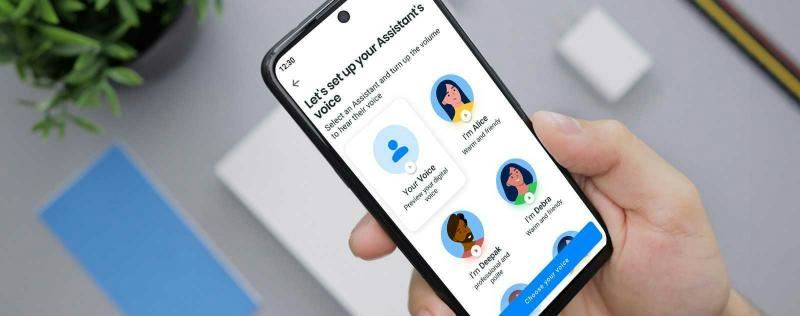
Truecaller has announced a partnership with Microsoft to integrate Microsoft’s new Personal Voice technology from Azure AI Speech.
This collaboration enhances Truecaller’s AI Assistant, which was initially introduced in September 2022. The AI Assistant can already answer calls, screen them, take messages, respond on your behalf, or record calls for later review.
Personal Voice Feature in Truecaller
With the inclusion of Microsoft’s Personal Voice, Truecaller users can now create a digital replica of their own voice for use with the AI Assistant. This allows callers to hear an authentic version of the user’s voice instead of a generic digital assistant voice.
Truecaller is an early access partner for Personal Voice, and a demo of this feature was showcased at the Microsoft Build conference in Seattle. Truecaller believes this feature will transform how users manage their calls and improve their experience with the AI Assistant.
Azure AI Speech by Microsoft
Microsoft, emphasized that Personal Voice is part of its commitment to responsible AI. The feature includes transparency about human-computer interaction and safeguards to prevent misuse.
Personal Voice is available through limited access, requiring registration and consent for specific uses like voice assistants. Additionally, Microsoft adds watermarks to generated voices and has a code of conduct to prevent unauthorized impersonation.
The performance of Personal Voice in real-world scenarios, such as replacing a voicemail message, remains to be seen. However, this partnership marks a significant step forward in AI-driven voice technology.
Commenting on the partnership, Raphael Mimoun, Product Director & General Manager, Truecaller Israel, said:
By integrating Microsoft Azure AI Speech’s personal voice capability into Truecaller, we’ve taken a significant step towards delivering a truly personalized and engaging communication experience. The personal voice feature allows our users to utilize their own voice, making the digital assistant sound just like them when handling incoming calls. This groundbreaking capability not only adds a touch of familiarity and comfort for the users but also demonstrates the power of AI in transforming our interactions with digital assistants.
We’re excited to collaborate with Microsoft on this project and leverage their expertise in text-to-speech and AI technologies. The seamless integration and exceptional support from the Microsoft team have been instrumental in bringing this feature to life.
